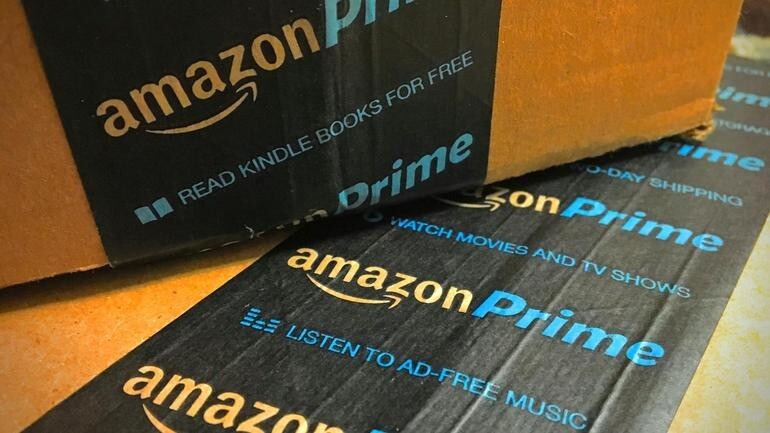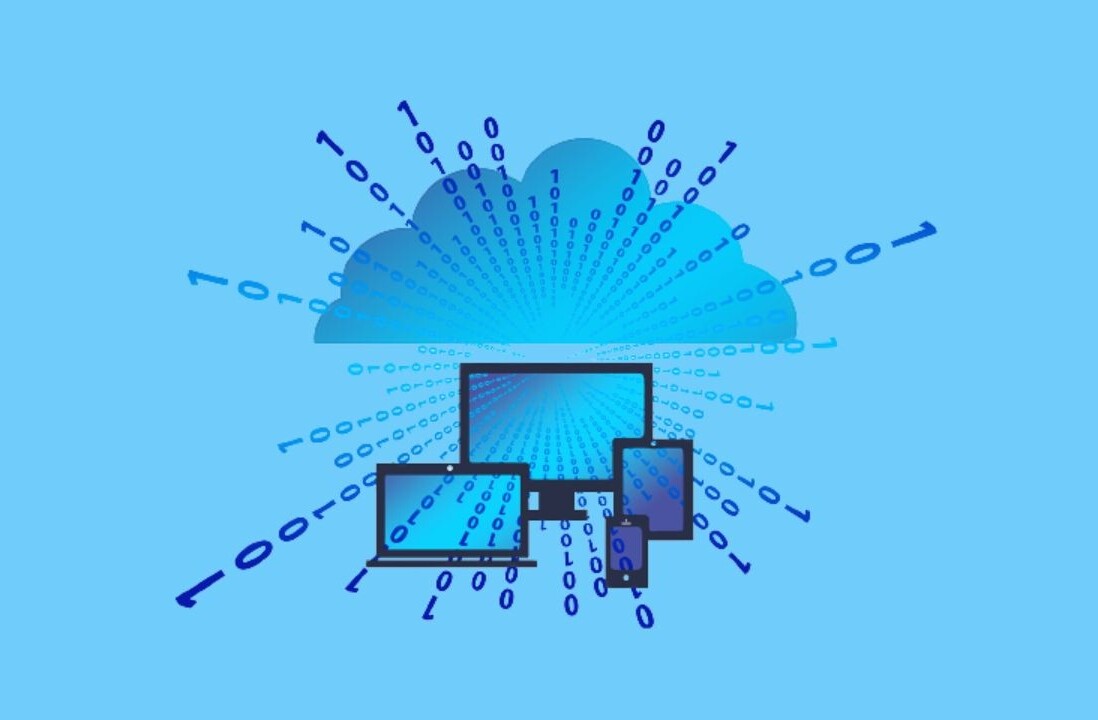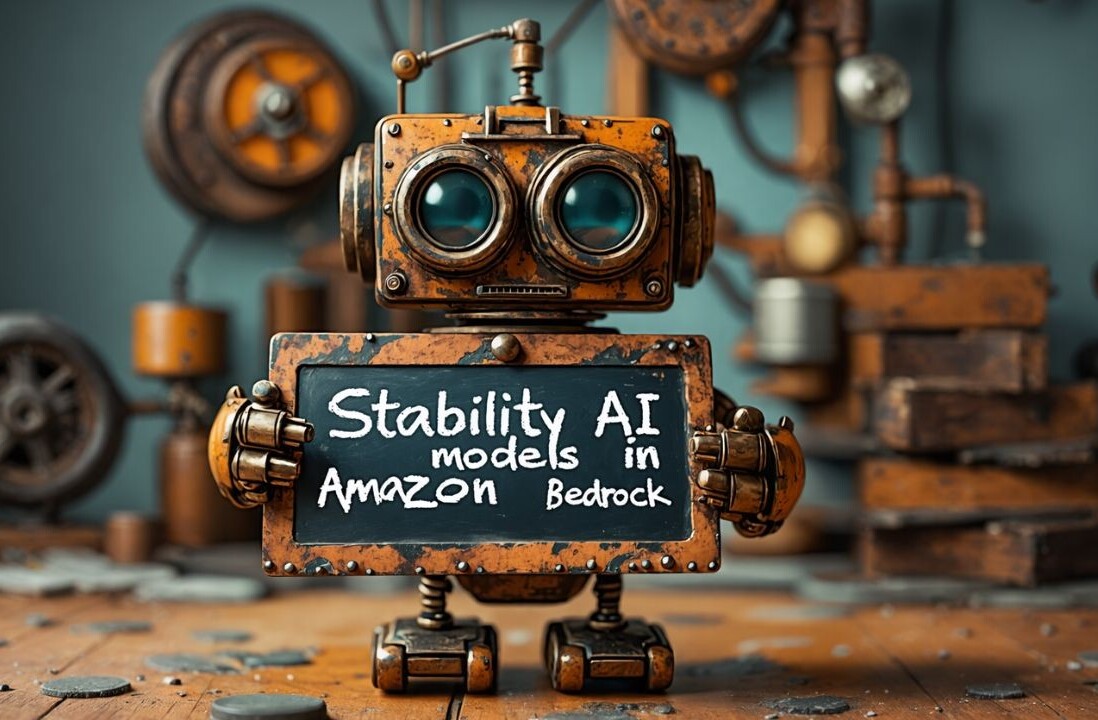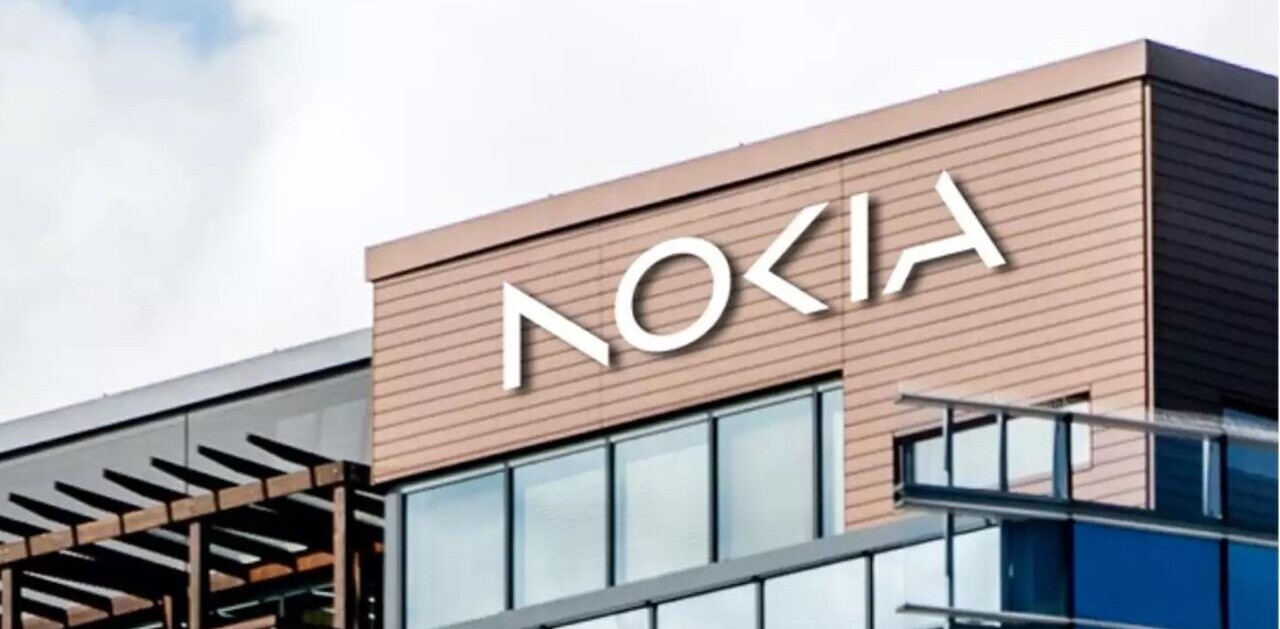
Amazon’s acquisition of Whole Foods sent a stark message to e-commerce, modern commerce and traditional retailers alike. But it’s just one of many significant announcements in recent months. Amazon also recently announced a new “meal kit” service to take on BlueApron and others. It just released Spark, an Instagram-like experience of products you can buy from the stream. Nike partnered with Amazon for an exclusive e-tail distribution partnership.
Amazon also debuted Echo Look, an intelligent hands-free camera and style assistant. Additionally, Amazon Prime Wardrobe was created to help shoppers bring the dressing room home to allow consumers to order a series of clothing item and only pay for what they keep. The list goes on. Now’s the time for brands to rethink innovation and competitiveness to thrive in an era of the “Amazon Effect.”
The game has changed and it keeps changing. In the next 12-18 months, many retail, e-commerce and modern commerce CMOs are going to either lose their jobs or become next-generation CEOs. It’s getting that extreme. The landscape is changing so fast that most traditional companies can’t innovate quickly as they’re often investing in the future based on the rules of a game long gone by. But that doesn’t mean there aren’t ways to win.
Change can start in the smallest of places with the smallest of investments. CMOs just need to shift perspective and mindsets to see and do things differently to break new ground, cultivate new markets and win new customers by investing in the new rules of modern commerce.
Here’s the reality…
Yesterday’s CMO operates from a center of reference that is arguably dated. Their years of experience and successes were forged in an era of commerce that’s been disrupted to the point where their tenure may actually be working against them. The same is true for even the newest of digital and modern commerce brands. Every new model only addresses a snapshot in time, preferences and behavior. What keeps winners ahead though is that they incessantly disrupt themselves to be the relevance consumers seek and are drawn to… time and time again.
You can’t solely win on price or “me too” Campaigns — Win through extreme personalization and engagement
In July 2017, Amazon celebrated its third annual Prime Day around the world demonstrating that one company can disrupt decades of “Black Friday” tradition. As a response, major retailers and e-tailers decided to boast special sales of their own while others vowed to price-match Amazon’s Prime Day deals. While I’m sure these reactionary strategies will help, make no mistake, Prime Day is a cutthroat business strategy designed to target and outsell the competition.
Competing against Amazon solely on price is severely limiting. According to BestBlackFriday.com, Prime Day deals are better than what shoppers might find on Black Friday. The website’s analysis found that in 2016, 77 percent of Prime Day prices were better than comparable deals offered on Black Friday.
You can win against Amazon by winning your customers attention, heart and mind. That starts with understanding how they’re different than the customers you once knew.
The reality is that there are always new consumers in town and they’re connected and empowered to think and act differently. Applying new techniques to reach the same ol customers isn’t a growth strategy. The future of growth balances meaningful customer engagement to monetize (and cultivate) customer retention and also the pursuit of modern customers who are have a differentiated, and evolving, set of needs, expectations and values.
Brands must compete differently.
The new CX is EP: Customer experience as extreme personalization
Everyone agrees that customer experience will help build competitiveness. At the same time, we’ve been talking about personalization for years, yet we still don’t get that personalization is something that consumers don’t just demand, they’re getting it from some of their favorite apps and startups. They’re already experiencing what most brands have yet to implement…intelligent, AI-based systems that facilitate extreme personalization (EP). This goes beyond “Dear, first name” and traditional loyalty programs. Those that engage them in the right channel, on the right device at the right time with the right message are ahead of competitors.
The good news is that CMOs (or even CIOs) don’t have to “rip and replace” current marketing automation or email systems to invest in EP. AI platforms can fit into existing technology landscapes. But technology is only part of the solution. CMOs must understand modern customers and how they’re evolving so deeply that extreme personalization becomes more than a customer engagement strategy, it becomes a mantra.
Modern commerce brands such as Uber and Airbnb are figuring this out faster than everyone else. All they think about is how to match demand to supply more effectively and right at the time when the customer expresses a need. This is why CMOs, CDOs, CEOs, and even founders have to think beyond the customers and strategies they’ve known in the past in order to modernize their entire EP approach.
People, the market, and competitors, are different. Relevance and context are at the center of this revolution. Change starts with building a modernized foundation based on extreme personalization, meaningful engagement and agility for relentless optimization and innovation. This leads to building informed and relevant foundations, systems, processes, metrics, etc., to more effectively engage the evolving generation of empowered customers without the anchor of legacy rules or perspectives.
Extreme personalization starts with understanding who your modern customers are, what they value, how, when and where they prefer to be engaged, and what will keep them coming back. To win starts with being data-centric and understanding the customer so intimately at the individual level in order to engage them—and only in the moments that matter to them.
The 5 Ws of modern commerce
To help, I recently worked with Kahuna to develop a Modern Marketing Blueprint. It explores how startups and big retailers/etailers can plug-in intelligent AI into existing marketing automation platforms to enable extreme personalization now. But, technology is only part of the solution. Modern customers must be at the center of everything to bring EP to life using what we call, “The 5 Ws of modern commerce:”
- Who: Target individuals who express intent, instead of broadcasting to segments or all subscribers.
- What: Create deeply personalized content — not canned, generic messages that could apply to anyone (and as a result, no one).
- When: Send messages whenever consumers take key actions and deliver messages when they are most likely to engage and respond.
- Where: Only send a message on the channel and on the device that each consumer prefers to interact with at the moment you’re sending it.
- Way: Learn exactly how your consumers prefer to engage with your brand.
CX is not enough. To future-proof brands against the “Amazon Effect” you need EP. Leaders who invest in the five Ws, become data-centric and who put the MODERN customer at the center of the customer experience are already on their way to extreme personalization.
It’s beyond critical that CMOs and the C-Suite at large prioritize extreme personalization by engaging modern consumers through intelligent one-to-one personalization, context consideration, cross-channel communication, and right time/right place/right message delivery at scale. This is how to start paving new roads to deliver innovative and extremely personalized customer experience — experiences that customers prefer and value — right now.
Get the TNW newsletter
Get the most important tech news in your inbox each week.





